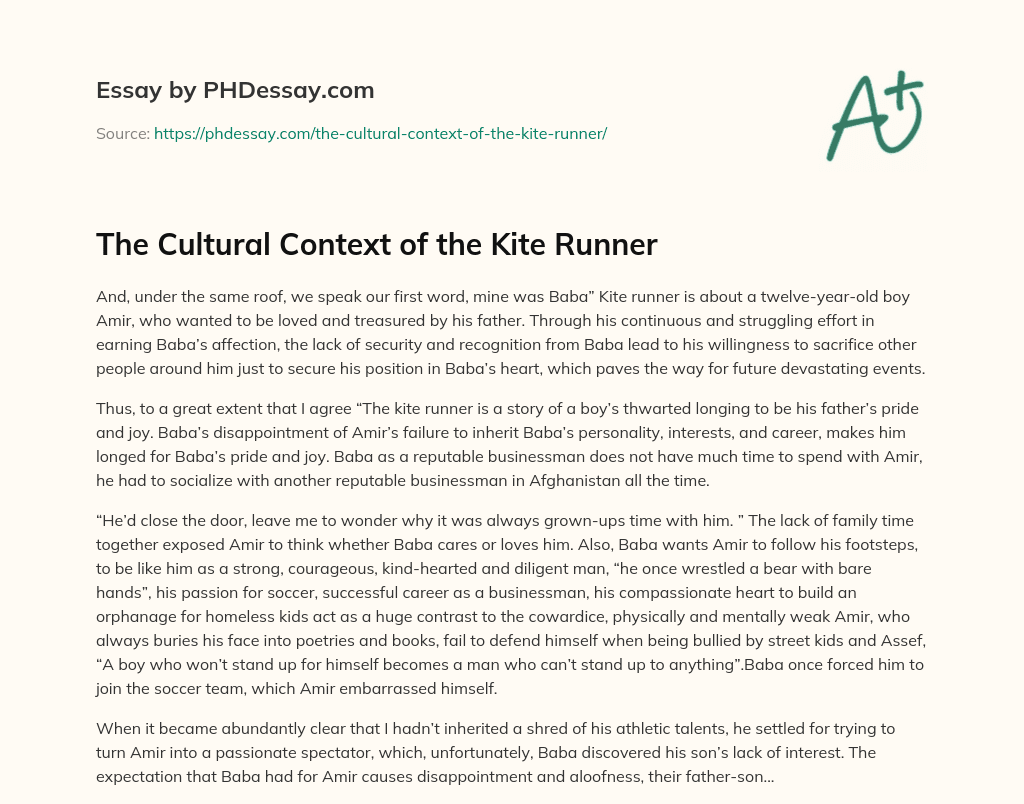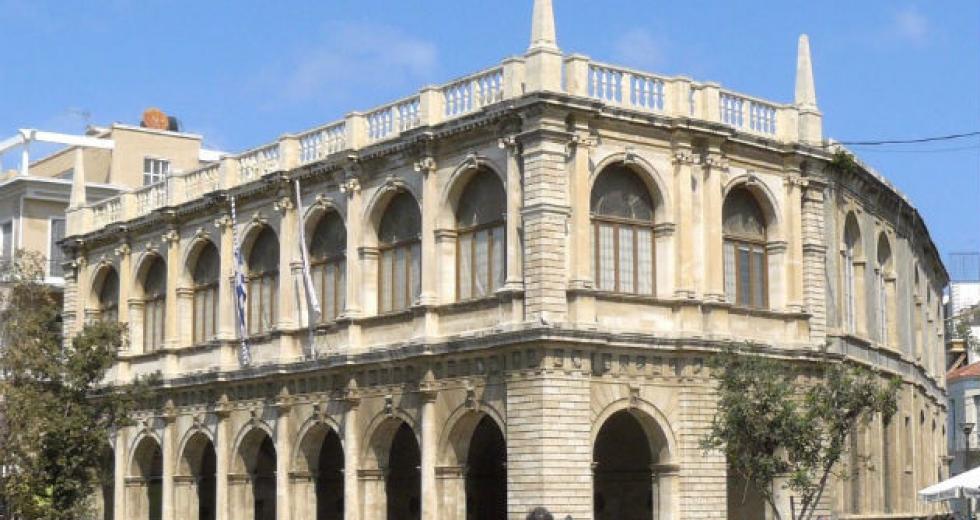The Kite Runner In A Nigerian Context: A Study Of Pragmatism And Its Consequences

Table of Contents
Pragmatism and Moral Compromises in Nigerian Society
The weight of tradition and family expectations often compels individuals to make difficult moral compromises. In The Kite Runner, Amir's betrayal of Hassan stems partly from a desire to appease his father and maintain his position within their complex social hierarchy. This mirrors the pressures faced in many Nigerian communities.
-
The Weight of Tradition and Family Expectations: In Nigerian culture, family honor is paramount. Decisions are often made to uphold this honor, even if it means compromising personal ethics.
- Arranged marriages, while less common now, still hold sway in certain communities, illustrating how societal pressures can override individual desires.
- The influence of elders is significant; their opinions and expectations heavily shape the choices of younger generations. This echoes Baba's strong influence on Amir's life in The Kite Runner.
-
Navigating Complex Social Hierarchies: The socio-economic disparities in Nigeria are stark. Class divisions influence access to opportunities, education, and even justice. This parallels the Hazara-Pashtun dynamic in The Kite Runner, where ethnic and class differences fuel discrimination and inequality.
- Examples of class conflict in Nigeria are rife, from unequal access to healthcare and education to pervasive corruption favoring the elite.
- The novel’s portrayal of the Hazara's vulnerability mirrors the marginalization experienced by certain groups in Nigeria, highlighting the universal nature of social injustice.
Betrayal, Redemption, and Forgiveness: A Nigerian Perspective
The concept of betrayal and its aftermath varies across cultures. While Western societies often emphasize individual accountability, Nigerian perspectives frequently prioritize reconciliation and forgiveness, particularly within the family unit.
-
Cultural Understandings of Betrayal: In Nigeria, forgiveness often plays a vital role in mending broken relationships, especially within the family. While betrayal is condemned, the emphasis on community and restorative justice can lead to different approaches to reconciliation than those depicted in The Kite Runner.
- Traditional Nigerian conflict resolution mechanisms often involve community elders mediating disputes and facilitating forgiveness.
- The concept of "ubuntu" – the belief in a universal bond of sharing that connects all humanity – underpins many Nigerian approaches to forgiveness and reconciliation.
-
The Search for Meaning and Purpose: Both Amir and many Nigerians grapple with the search for meaning and purpose in life. This often involves confronting past mistakes and seeking redemption.
- Amir's journey to Afghanistan to atone for his past is a powerful illustration of this universal quest. Similarly, many Nigerians find meaning through community involvement, religious faith, or pursuing personal goals that contribute to society.
- The common threads lie in the universal human desire for self-improvement, the acknowledgment of past mistakes, and the pursuit of a life with greater purpose.
Adapting the Narrative: The Kite Runner in a Nigerian Classroom
The Kite Runner offers significant potential as a teaching tool in Nigerian schools. Its universality allows for engaging discussions about various social and cultural themes relevant to the Nigerian experience.
-
Relevance to Nigerian Literature Curriculum: The novel's exploration of complex themes like betrayal, friendship, and redemption can enrich the Nigerian literature curriculum.
- The use of literary devices like symbolism, imagery, and narrative structure can enhance students' understanding of storytelling techniques applicable to both Nigerian and global literature.
- The exploration of cultural differences and social injustices provides a platform for critical thinking and discussion about societal issues in Nigeria.
-
Engaging with Difficult Themes: While The Kite Runner addresses sensitive issues like sexual abuse and class inequality, these can be handled sensitively in the classroom.
- Educators can utilize age-appropriate discussions, emphasizing the importance of empathy and critical analysis.
- The novel serves as a springboard for conversations about responsible citizenship, social justice, and the importance of addressing difficult topics.
Conclusion
This analysis of "The Kite Runner in a Nigerian Context" reveals striking parallels between the novel's themes and Nigerian societal realities. The universal themes of pragmatism, betrayal, redemption, and the search for meaning resonate across cultures, highlighting the power of literature to transcend geographical boundaries. The key takeaway is that while cultural contexts may differ, the human experiences explored in The Kite Runner – navigating moral dilemmas, confronting past mistakes, and seeking reconciliation – remain profoundly relevant to Nigerian readers and students. Continue the conversation about the universality of themes in The Kite Runner and its relevance to your own cultural context. Explore how similar narratives of pragmatism and its consequences manifest in other Nigerian literary works.

Featured Posts
-
 Understanding The Billionaire Boy Phenomenon Exploring The Dynamics Of Extreme Wealth
May 20, 2025
Understanding The Billionaire Boy Phenomenon Exploring The Dynamics Of Extreme Wealth
May 20, 2025 -
 Baggelis Giakoymakis Mia Tragodia Poy Sygklonizei Bullying Vasanismoi Kai Thanatos
May 20, 2025
Baggelis Giakoymakis Mia Tragodia Poy Sygklonizei Bullying Vasanismoi Kai Thanatos
May 20, 2025 -
 Slavni Na Premijeri Jutarnji List Ekskluzivno
May 20, 2025
Slavni Na Premijeri Jutarnji List Ekskluzivno
May 20, 2025 -
 From Novels To Screen A Look At Agatha Christies Poirot In Various Media
May 20, 2025
From Novels To Screen A Look At Agatha Christies Poirot In Various Media
May 20, 2025 -
 Programma Esperidas Megali Tessarakosti Patriarxiki Akadimia Kritis
May 20, 2025
Programma Esperidas Megali Tessarakosti Patriarxiki Akadimia Kritis
May 20, 2025
